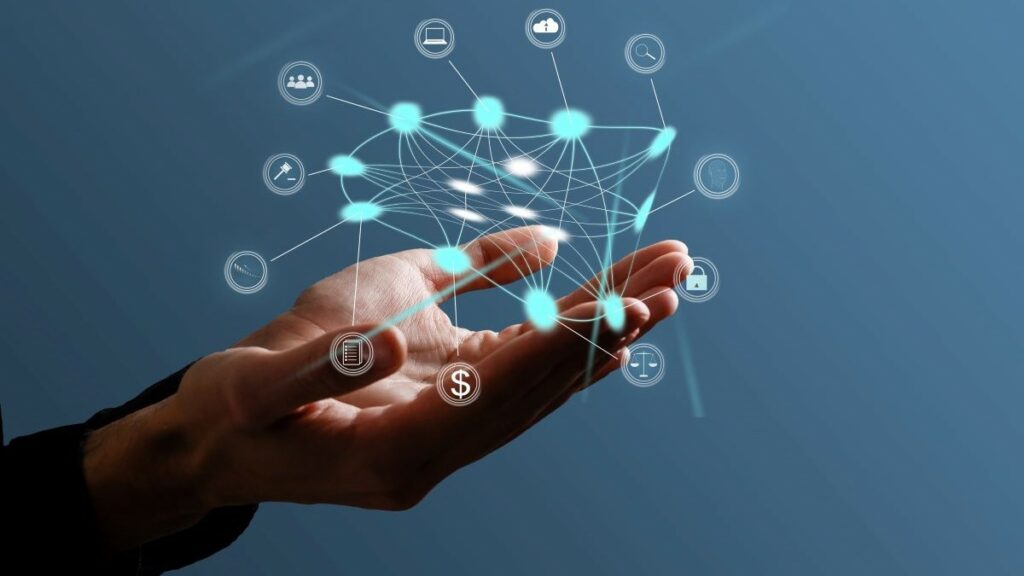Featured image by Andrew Angelov
Web 3.0, or the decentralized web, is an emerging concept that aims to provide a more decentralized and distributed version of the current internet. In this new iteration of the internet, it is individuals who control and own data instead of centralized organizations. Undeniably, this could have several implications for ecommerce, including:
1. Decentralized Marketplaces
Web 3.0 technologies, such as blockchain and smart contracts, could create decentralized marketplaces where buyers and sellers could transact directly without intermediaries.
2. Tokenized Economies
Tokens or digital assets issued on a blockchain could be used for exchanges on these decentralized marketplaces.
3. Increased Data Privacy and Security
Decentralized architectures and technologies like end-to-end encryption will undoubtedly enhance the protection and confidentiality of ecommerce transactions.
4. New Forms of Identity Verification
Blockchain-based digital identities could be used to verify the identity of buyers and sellers. This would enable more secure and efficient transactions.
Basically, although the decentralized web is still in its early stages of development, businesses and consumers can already benefit.
RELATED ARTICLE: TIPS FOR IMPECCABLE ECOMMERCE CUSTOMER SERVICE
Key Features of Web 3 That Make it Indispensable to the Ecommerce Industry
Ecommerce businesses that adopt emerging trends thanks to ecommerce innovation will certainly experience more business freedom and increased efficiency.
For example, some of the features of this new version of the internet include:
Decentralization
Web 3.0 technologies like peer-to-peer networks, blockchain, and decentralized storage systems allow for a more distributed internet architecture. In other words, in the decentralized web, a single entity does not control data and applications.
Smart Contracts
New technologies enable smart contracts. These are self-executing contracts with the agreement terms written into code. They can automate the execution of various ecommerce processes such as payments, logistics, and inventory management.
Tokenization
Web 3.0 allows using tokens or digital assets on the blockchain. Buyers and sellers can therefore use these tokens as a mode of exchange, creating new types of monetization and business models.
Increased Data Privacy and Security
Technologies such as zero-knowledge proofs can enhance security, data privacy, and transactions, protecting them from unauthorized access and breaches.
Interoperability
These new technologies are designed to be interoperable. What this means is that different platforms and networks can communicate and share data. This enables a more connected and seamless user experience.
Identity Management
Web 3.0 technologies like decentralized identifiers (DIDs) and blockchain-based digital identities allow for more secure and efficient ways of managing and verifying user identities.
User Ownership
Significantly, the decentralized internet allows users to own and move their data. This could significantly increase personalization and user experience. That is because this would give users more control over how their data is used, stored, and shared.
In short, Web 3.0 holds a lot of promise for creating a more open, secure, and equitable internet.
RELATED ARTICLE: BUILDING A WEBSITE: WHAT ARE YOUR OPTIONS?
Should Ecommerce Businesses Consider Integrating Web 3?
Ecommerce businesses should consider the potential benefits that Web 3.0 technologies could bring to their operations. For example, decentralized marketplaces and tokenized economies could help reduce transaction costs. They could also increase trust between parties and create new monetization opportunities.
Finally, to integrate the upcoming Web 3.0, ecommerce businesses can start by keeping an eye on the development of Web 3.0 technologies. Experimenting and testing out potential uses can help in understanding the potential benefits and limitations. This knowledge allows your business to be in a better position to benefit from new opportunities as they arise.
RELATED ARTICLE: HOW BUSINESSES CAN PROTECT THEIR DIGITAL ASSETS IN 2023
